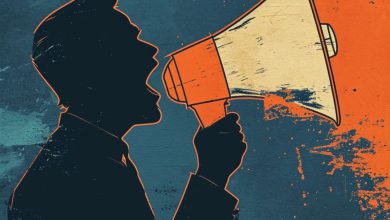Is Anxiety Eating Leading You to an Eating Disorder?
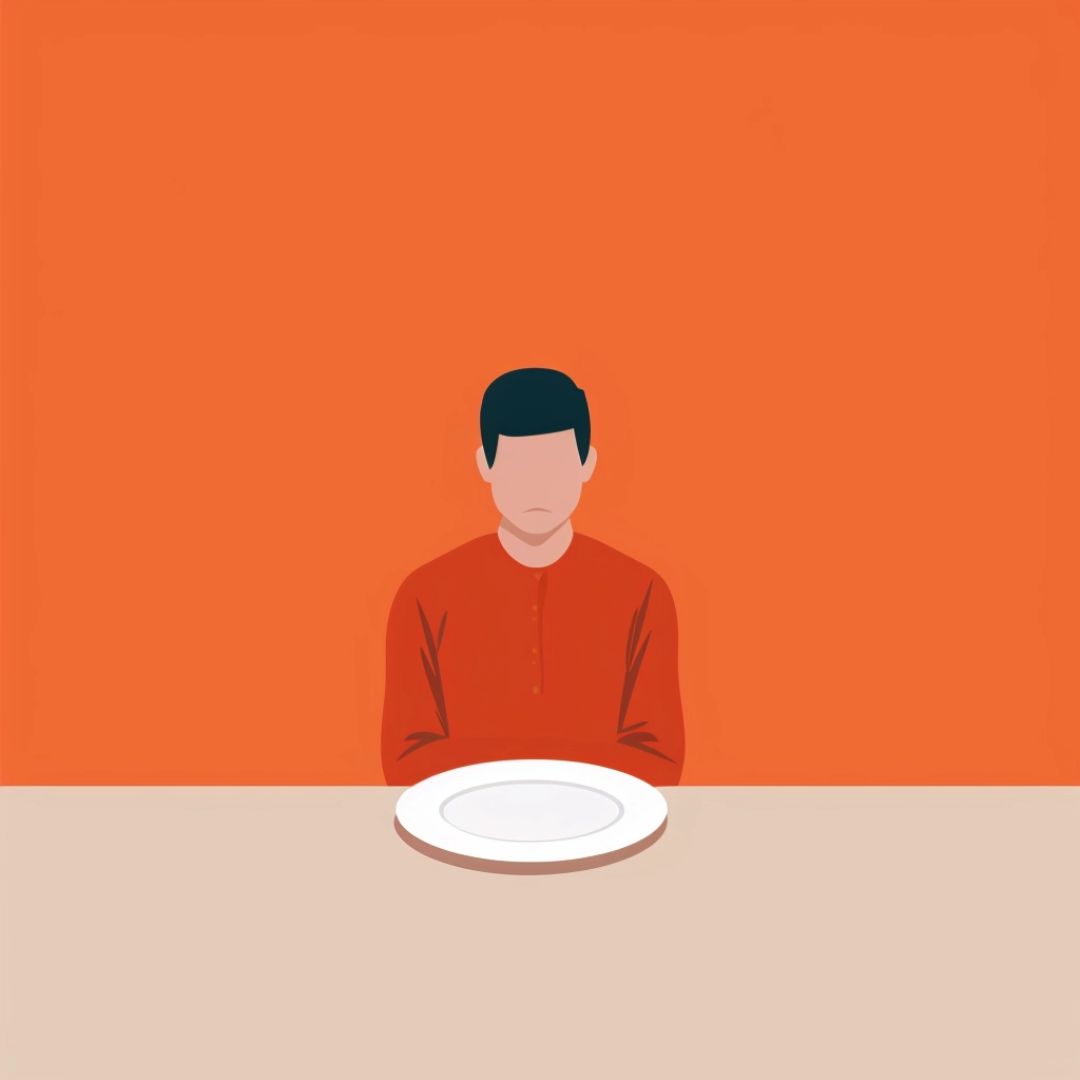
You’ve likely heard the term “anxiety eating” – the urge to devour mountains of cookies when stress hits, or the complete loss of appetite before a big presentation. Even more, you may know people who can’t eat due to anxiety and excessive worry.
We’ve all felt the gnawing anxiety, the tightening chest, and the urge to escape. But what happens when that escape route leads to another kind of discomfort, a cycle of disordered eating that fuels the very anxiety it seeks to soothe? This is the reality for many individuals facing the complex, intertwined challenges of anxiety and eating disorders.
What is Anxiety?
The term Anxiety, that familiar knot in your stomach or racing mind, is an emotion characterized by feelings of worry, apprehension, and fear, often about future events. These feelings can range from mild and fleeting to overwhelming and persistent, manifesting in both psychological symptoms like restlessness, difficulty concentrating, and irritability, and physical symptoms like rapid heart rate, sweating, and muscle tension.
| Read more: Generalized Anxiety Disorder
What is Anxiety Eating?

Anxiety eating refers to using food as a coping mechanism to manage anxiety-related emotions or sensations. It’s important to distinguish it from regular hunger-driven eating.
Key characteristics of anxiety eating include:
- Emotional trigger: Food is used to soothe negative emotions like worry, fear, or stress.
- Loss of control: The eating might feel impulsive or compulsive, leading to consuming larger quantities than intended.
- Distraction: It can serve as a temporary distraction from overwhelming emotions.
- Not always followed by physical hunger: The urge to eat may appear even when not physically hungry.
- Potential negative consequences: This pattern can contribute to weight fluctuations, guilt, and exacerbate underlying anxiety in the long run.
It’s important to distinguish anxiety eating from an eating disorder. While similar behaviors might occur, the severity, frequency, and impact on daily life differ significantly.
Anxiety eating is using food as a coping mechanism for anxiety-related emotions, distinguished from regular hunger-driven eating.
Key features include:
- Using food to soothe negative emotions
- Impulsive or compulsive eating
- Distraction from overwhelming feelings
- Eating when not physically hungry
| Discover: What is Sleep Anxiety?
How are Anxiety and Eating Disorders Linked?
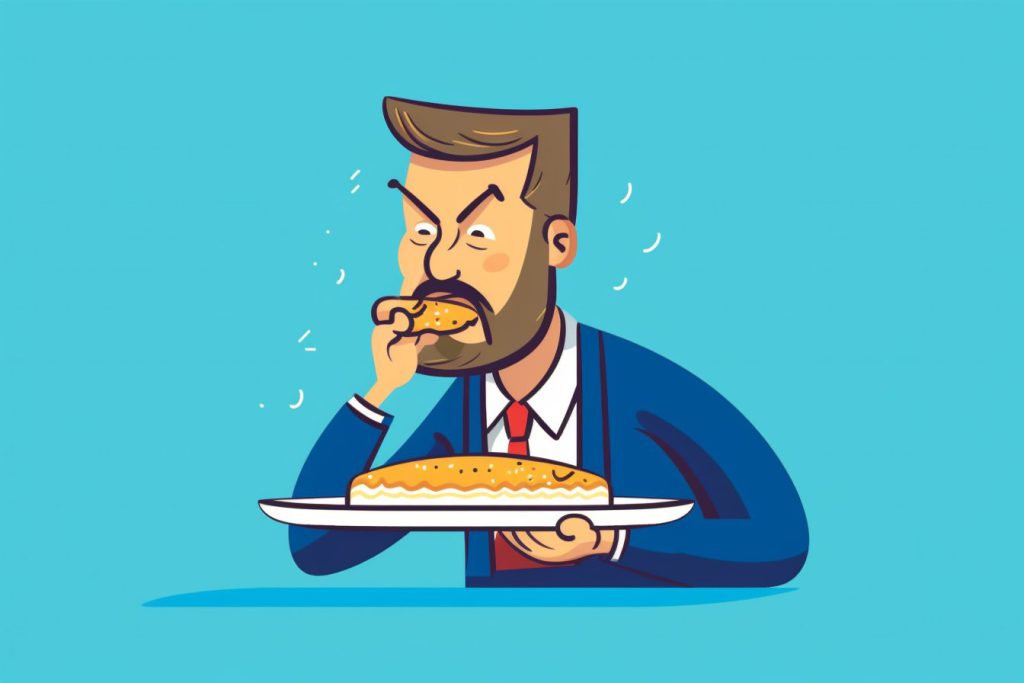
Not every eating disorders involves anxiety eating! Eating disorders are complex mental health conditions characterized by disturbed eating behaviors and thoughts about food, weight, and body image. They have a profound impact on physical and emotional well-being, and unfortunately, the relationship between anxiety and eating disorders is complex and multifaceted.
| Suggestion: Anxiety Upon Waking Up
Here are some common types of eating disorders, along with potential links to anxiety:
- Anorexia Nervosa: Individuals restrict their food intake severely, leading to dangerously low body weight and intense fear of gaining weight. While not directly caused by anxiety, it can contribute to or trigger its onset. Conversely, the stress and fear surrounding maintaining low weight can exacerbate anxiety symptoms.
- Bulimia Nervosa: Characterized by recurrent episodes of binge eating followed by compensatory behaviors like purging or excessive exercise. Anxiety is often a driving force, with individuals using binge eating as a coping mechanism for negative emotions, leading to a cycle of guilt and shame that fuels anxiety further.
- Binge-Eating Disorder (BED): Individuals experience recurrent episodes of consuming unusually large amounts of food in a short period, accompanied by a sense of loss of control. While not definitively caused by anxiety, anxiety can be a major contributor, with individuals seeking comfort and emotional relief through food.
- Avoidant/Restrictive Food Intake Disorder (ARFID): This involves severe limitations in food intake due to sensory aversions, fear of negative outcomes (choking, allergies), or lack of interest in eating. While anxiety can sometimes play a role, it’s often triggered by other factors like medical conditions or traumatic experiences.
- Other specified feeding or eating disorders (OSFED): This category encompasses eating disorders that don’t fully meet the criteria for the abovementioned diagnoses; purging without binge eating, night eating syndrome, and pre-meal rituals. The relationship with anxiety varies depending on the specific symptoms and individual experiences.
The relationship between anxiety and eating disorders is intricate and not always one-directional. While anxiety can trigger or worsen eating disorders, the reverse can also be true. Additionally, other contributing factors like genetics, social pressures, and trauma play significant roles.
The link between anxiety and eating disorders is complex. While not every eating disorder involves anxiety eating, there are various connections:
Anorexia Nervosa: Severe food restriction and fear of weight gain can contribute to or trigger anxiety. Maintaining low weight can exacerbate anxiety symptoms.
Bulimia Nervosa: Anxiety often drives binge eating, serving as a coping mechanism. Guilt and shame from bingeing can fuel anxiety.
Binge-Eating Disorder (BED): Anxiety may contribute to seeking comfort through food, perpetuating a cycle of guilt and emotional distress.
Avoidant/Restrictive Food Intake Disorder (ARFID): Anxiety may play a role, but other factors like sensory aversions or traumatic experiences often trigger this disorder.
Other specified feeding or eating disorders (OSFED): Various symptoms, such as purging without binge eating, can have different relationships with anxiety.
“Anxiety Eating”: More than Just a Simple Label
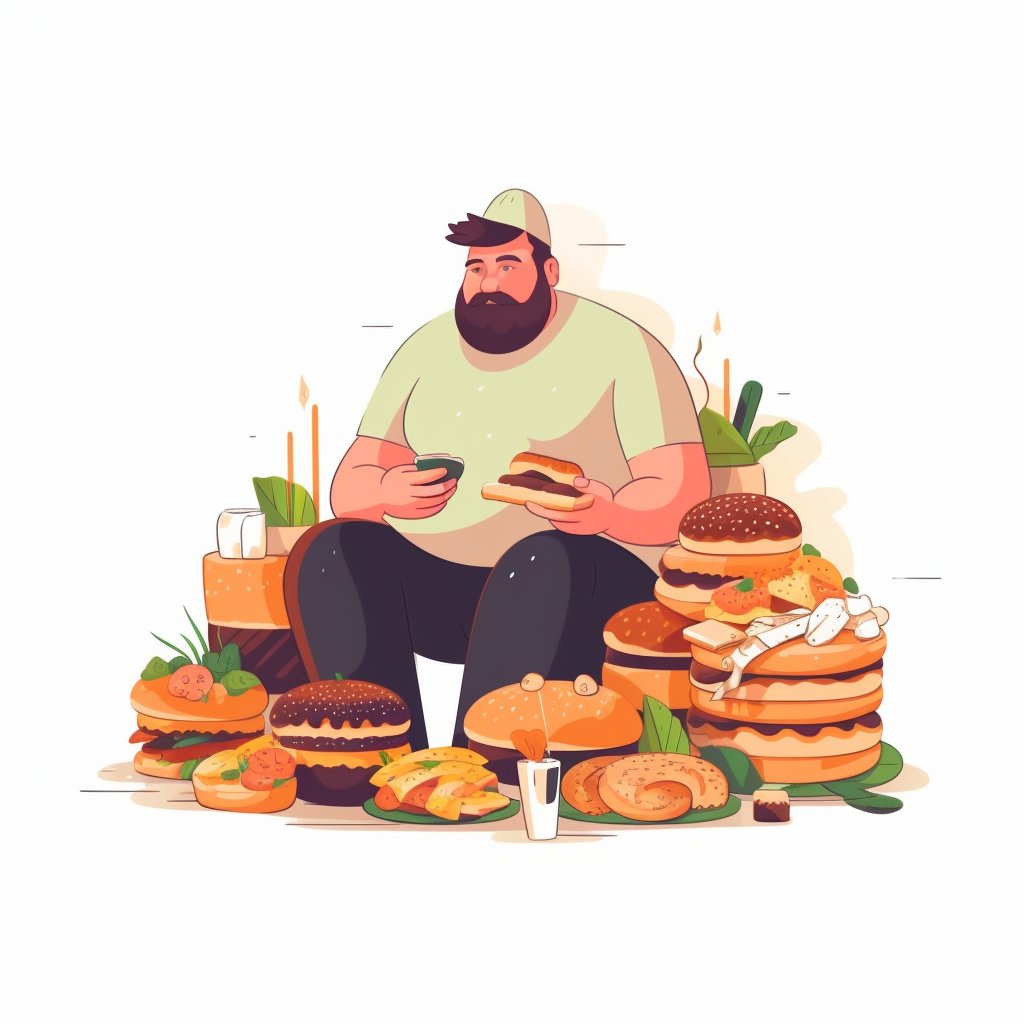
While “anxiety eating” captures a common experience, it’s not a clinical diagnosis. Anxiety and eating disorders share intricate ties, but equating them as one entity paints an incomplete picture. Anxiety can certainly trigger or worsen existing eating disorders, and individuals might use food as a coping mechanism. However, not everyone who experiences emotional eating has an eating disorder. Additionally, some eating disorders like ARFID have limited connection to anxiety and stem from other concerns.
“Anxiety eating” focuses solely on the symptom – the act of eating in response to anxiety. However, effective treatment requires understanding the underlying causes of both the anxiety and the eating behaviors. This could involve factors like genetics, social pressures, past trauma, or even specific types of anxiety disorders.
“Anxiety Eating” is a common experience but not a clinical diagnosis. While anxiety and eating disorders are connected, they are not one entity. Anxiety can trigger eating disorders, but not all emotional eaters have disorders. Effective treatment requires understanding underlying causes such as genetics, social pressures, trauma, or specific anxiety disorders.
| Suggestion: Anxiety at College | Strategies to Handle Social Anxiety for Students
Signs of Anxiety in Eating Disorders
Eating disorders and anxiety often occur hand-in-hand, creating a cycle of distress. It’s important to recognize the signs of rising anxiety as they can indicate eating disorder needs more attention. Here are some common symptoms to watch out for:
- Increased heart rate, sweating, or difficulty breathing
- Difficulty falling asleep, waking up frequently, or excessive sleepiness
- Bloating, nausea, or changes in bowel movements
- Intensified fear of weight gain or losing control
- Increased obsession with food or body image
- Increased difficulty managing negative emotions like stress, sadness, or anger
- Deteriorating self-esteem or self-worth
Have you ever mistaken the symptoms of ADHD for anxiety? (Or vice versa?)
Read the comprehensive guide below to understand the differences:
How to Manage Anxiety Eating
While seeking professional help is crucial for sustainable change, here are some initial tips for coping with anxiety eating:
- Notice situations, emotions, or thoughts that lead to anxiety eating urges. This awareness is the first step to breaking the cycle.
- Deep breathing, yoga, progressive muscle relaxation, and mindfulness exercises can help calm your nervous system and reduce anxiety-driven urge to eat.
- Pay attention to physical hunger cues and eat slowly, savoring each bite. This can help prevent mindless eating driven by anxiety.
- Having readily available healthy options reduces the temptation to grab unhealthy choices during anxious moments.
- A registered dietician can personalize a nutrition plan that supports your mental and physical health.
- Talk to a trusted friend, family member, or therapist about your challenges. Support is key!
Do you think your creativity can beat the anxiety?
If you want to learn a creative way to overcome anxiety, we suggest reading Art Therapy for Anxiety!
Treatment Options for Anxiety and Eating Disorders
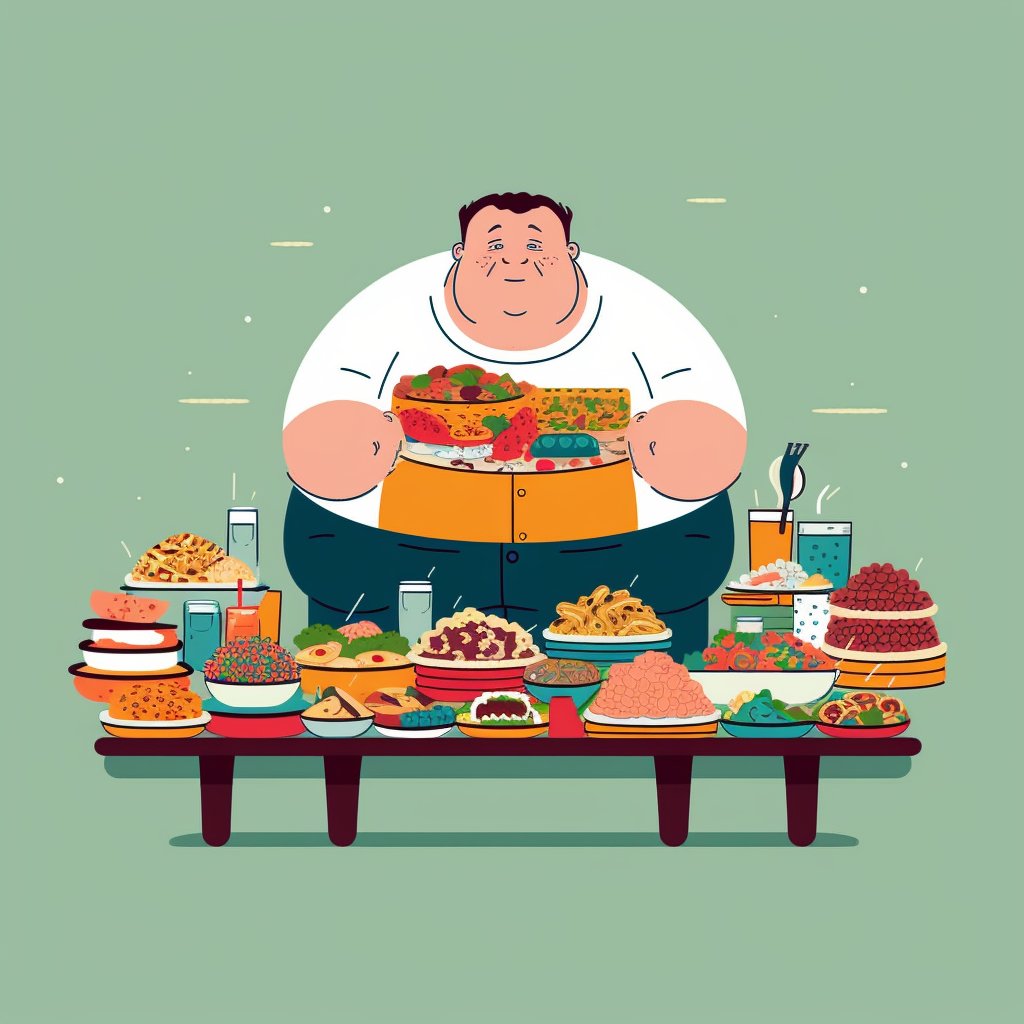
When anxiety and an eating disorder occur together, it’s crucial to seek co-occurring disorder treatment, which recognizes the complex interplay between them and avoids treating them in isolation.
The Integrated therapy known as gold-standard approach combines individual and group therapy specifically designed to address both your anxiety and eating disorder symptoms. It might involve various modalities like:
- Cognitive-behavioral therapy (CBT): Helps you identify and modify negative thought patterns contributing to both conditions, equipping you with skills to manage anxiety and develop healthier coping mechanisms.
- Dialectical behavior therapy (DBT): Focuses on emotional regulation, distress tolerance, and interpersonal effectiveness, crucial for managing emotions that can fuel both anxiety and disordered eating behaviors.
- Family therapy: Can involve your family in supporting your recovery and understanding the challenges you face.
Additional Options:
- Mindfulness-based interventions: Practices like meditation and yoga can help manage anxiety and promote mindful eating, fostering awareness of your thoughts, feelings, and physical sensations.
- Nutritional counseling: Working with a registered dietician can help develop healthy and balanced eating habits while addressing any nutritional deficiencies.
- Exposure therapy: This therapy can help you confront your fears related to food or specific situations that trigger anxiety.
- Support groups: Connecting with others facing similar challenges can provide valuable peer support and understanding.
Co-occurring disorder treatment is crucial for addressing anxiety and eating disorders together.
Integrated therapy, considered the gold-standard approach, combines individual and group therapy to address both conditions.
Options:
- Integrated therapy:
- Cognitive-behavioral therapy (CBT)
- Dialectical behavior therapy (DBT)
- Family therapy
- Additional Options:
- Mindfulness-based interventions (e.g., meditation, yoga)
- Nutritional counseling with a registered dietician
- Exposure therapy
- Support groups
Read more…
HealWiser’s Last Piece of Advice
The path through anxiety and eating disorders can feel tangled and overwhelming. But remember, seeking help is not a sign of weakness, it’s a powerful stride towards reclaiming your well-being. With personalized treatment, understanding professionals by your side, and a dose of self-compassion, you can untangle the knots and build a healthier relationship with yourself, food, and your emotions. Don’t hesitate to reach out.
Sharing your experiences can provide valuable insights and emotional support. So…
…share your story with Heal Wiser and others in the comments section below this post.





